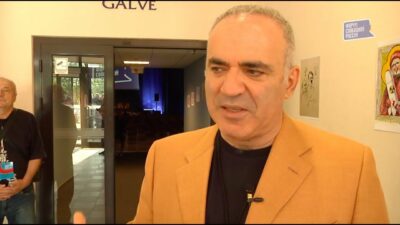Please use the sharing tools found via the share button at the top or side of articles. Copying articles to share with others is a…
Please use the sharing tools found via the share button at the top or side of articles. Copying articles to share with others is a breach of FT.com T&Cs and Copyright Policy. Email licensing@ft.com to buy additional rights. Subscribers may share up to 10 or 20 articles per month using the gift article service. More information can be found here.
https://www.ft.com/content/cdf08481-7387-46f4-b69f-078b7f2f3df1?fbclid=IwAR0Gh2bvIRdJW2DMwj1b5dmtg8EF_dkc6KErDL7D6bVuBAwyA5d0IBy13Uw
Dominic Raab, UK foreign secretary, will on Monday name the first foreign citizens to face visa bans and asset freezes for alleged human rights abuses under Britain’s new post-Brexit sanctions regime, with Russians and Saudis among those expected to be targeted. Mr Raab, a former human rights lawyer, has pushed for a tough sanctions regime despite misgivings among some in the Foreign Office over its likely impact on bilateral relations with some strategic allies with poor human rights records, including Saudi Arabia. Government officials have been working on targeting individuals in Russia, Saudi Arabia and North Korea under Britain’s version of the 2012 US Magnitsky Act, named after the Russian lawyer who died in a Moscow prison in 2009 after alleging officials were involved in tax fraud. The Foreign Office declined to reveal the list of individuals covered in the first list of targets under the UK’s 2018 sanctions act. But Mr Raab’s blacklist, to be set out in parliament on Monday, is expected to include those believed by Britain to be implicated in the death of Magnitsky. While UK relations with Moscow are already frozen after the 2018 nerve agent attack on former double agent Sergei Skripal, Mr Raab is also expected to target Saudi citizens suspected of involvement in the killing of the journalist Jamal Khashoggi in 2018 — a move that will strain ties to one of Britain’s biggest allies in the Gulf. The new sanctions will come into force immediately, freezing the UK assets of those named by Mr Raab and banning them from entering the country. Several dozen people are expected to be named and the foreign secretary said they would include torturers, murderers and abusers. “With this legislation, the UK will have new powers to stop those involved in serious human rights abuses and violations from entering the UK, channelling money through our banks and profiting from our economy,” said Mr Raab. “This is a clear example of how the UK will act as a force for good in the world, standing up for human rights. We will not let those who seek to inflict pain and destroy the lives of innocent victims benefit from what the UK has to offer.
Mr Raab told the Financial Times that the new regime could be expanded later in the year to cover issues such as corruption. The oppression of journalists and abuses of people because of their religious beliefs could also be added. He admitted there had been “some disquiet” about the effect of the sanctions regime on bilateral relations, but added: “It is morally the right thing to do.” Mr Raab and former Labour foreign secretary David Miliband raised the Magnitsky case in the House of Commons in 2012. Mr Raab has stayed in touch with Natalia, the widow of the former Russian lawyer, over the intervening years. “This case is very close to my heart,” he said, calling Magnitsky the “Solzhenitsyn of his generation” who had been determined to expose wrongdoing at the heart of the country he loved. Mr Raab said Britain would use its autonomous sanctions regime to work with other allies including the EU, the US, Canada and Australia to punish those involved in serious crimes.



